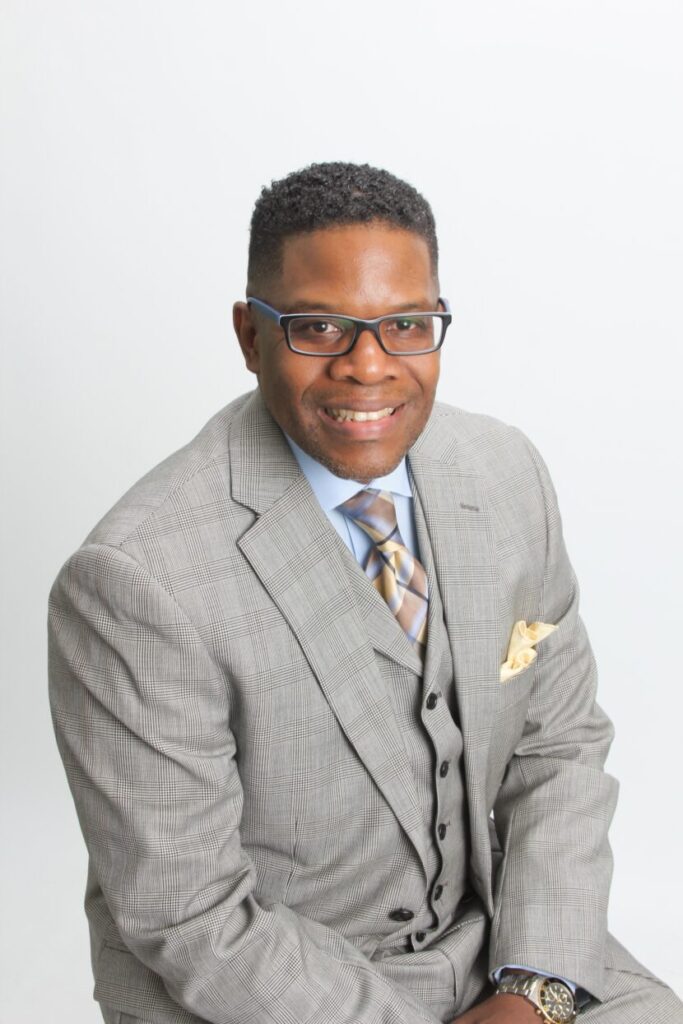Planning
Why Do So Many People Get it Wrong?
A Social Security Strategy?
In an environment where there are 2,728 rules, it shouldn’t surprise you to learn that there are many choices. One you probably already know about: deciding whether to begin collecting Social Security at age 62, and start receiving money then, or to wait perhaps to age 70 and collect more money later. But matters are much more complicated than that. Singles, couples, and “non-traditional” couples (where one spouse may be much younger or older than the other, where there is a great disparity in incomes between the spouses, etc.) all have different issues and one couple’s (or single’s) issues are not at all likely to be like another’s.
My job is to help you devise a Social Security strategy that takes your unique circumstances into account and, in combination with your other resources (savings, investments, pension, etc.), will give you the best possible retirement.
Why Doesn’t Your Advisor Offer This Service?
When should you start planning your strategy?
Social Security is an important part of your total retirement/estate planning strategy. I suggest that you should start planning for the part Social Security will play in your strategy when you first think “I really ought to put something aside for retirement.” Is twenty too early? Not at all, if you intend to embark on the execution of a disciplined, life-long retirement strategy. Is sixty-two too late? No; but it has been my experience that the options available to you will become fewer as you grow older. The earlier you begin planning, the more choices you will have. In this context, “choices” means “more opportunities to maximize returns.” I find that I can contribute most when people are between the ages of 30 and 50. Though I can and have helped older people make the best choices for them, it remains a fact that the number of choices available to them are fewer. And Social Security is like any other investment: as your circumstances change (income, marital status, children, age, health), you should re-evaluate your plan in light of your new circumstances, just as you would with any other investment.

